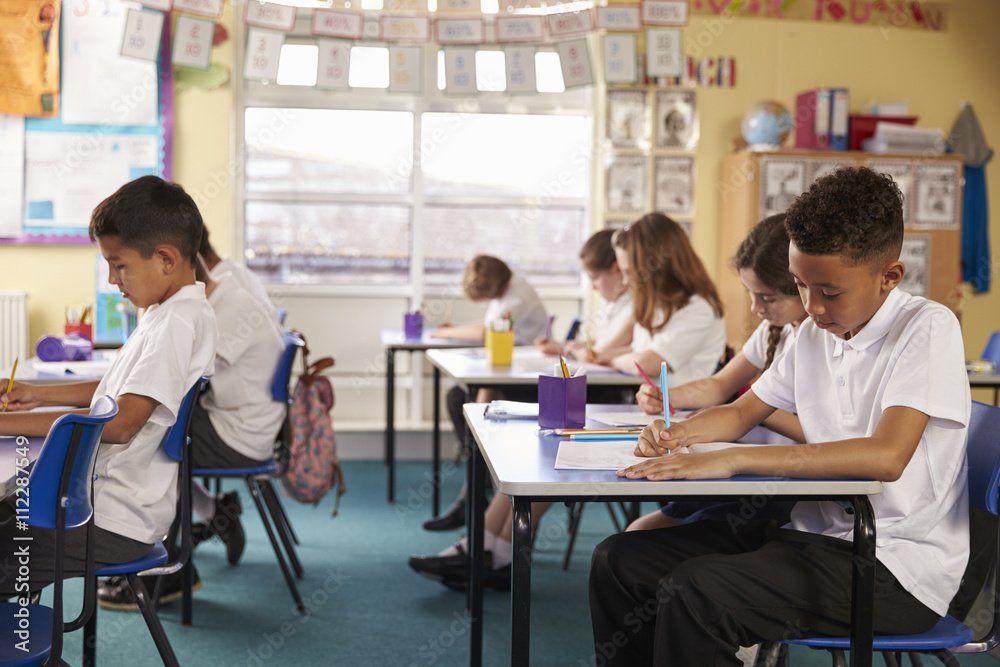Empowering confident safeguarding across the UK.
Secure Foundations Training Group is a team of highly experienced safeguarding specialists, dedicated to sharing evidence-based best practice and practical techniques with organisations across the UK. Through our passion and knowledge, we can help you make children safer.
Keeping children safe is everyone’s responsibility.
Safeguarding is everyone’s business, and no one should feel uncertain about how they can stand up for children in their care and give them a voice.
Secure Foundations Training offers inclusive, highly detailed training packages that combine the latest safeguarding research with empathy and deep professional knowledge – from teaching in classrooms to testifying in courtrooms.
By working closely with your team, and providing the benefits of our combined decades of experience, we can help ensure that you are giving all children in your care the best possible protection, whilst supporting your staff and strengthening your organisation at the same time.
Why work with us?
While safeguarding is now a legal requirement, for many organisations it has become a tick box exercise with superficial knowledge shared at arm’s length. Even though threats to children are more complex and numerous than ever.
While choosing online training options can be easier and cheaper, this only advantages organisations, never the children they are responsible for. Feeling prepared – professionally and emotionally – can be vital in dealing with a safeguarding issue effectively, and that is exactly what we at Secure Foundations Training will do.
We saw that there was a clear safeguarding gap for many organisations. We fill that gap with a rigorous methodology built around children’s needs and a teaching model designed to be relatable and personal. Through a combination of evidence-based practice and real-life experiences shared through storytelling, we ensure your trainees feel empowered and prepared for any situation they could face in their role.
Working with Secure Foundations Training is:
Better for children
We help you provide the maximum level of safeguarding possible, not the minimum.
Better for individuals
We empower your staff, growing their confidence and resilience.
Better for organisations
We can integrate everything at a strategic level, and help guard you against fallout from future crises that could have been averted.
Our Services.
Bespoke training designed to empower everyone in your team
Highly experienced trainers with 46 years’ combined safeguarding expertise
Flexible delivery to suit the needs of all learners and organisations





